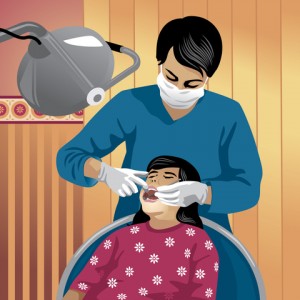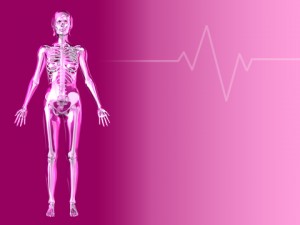 A report published in the Journal of Oral Rehabilitation cast a very interesting light on social phobias and their impact upon different elements of your life. It seems that there is a direct link between teeth grinding and social phobias which was addressed in the research programme recently published in the above journal. So, what leads us to believe that social phobias can lead to the grinding of teeth and potentially excessive dental damage?
A report published in the Journal of Oral Rehabilitation cast a very interesting light on social phobias and their impact upon different elements of your life. It seems that there is a direct link between teeth grinding and social phobias which was addressed in the research programme recently published in the above journal. So, what leads us to believe that social phobias can lead to the grinding of teeth and potentially excessive dental damage?
The research programme
If you search the phenomenon of teeth grinding, which often occurs when sleeping, it is a very annoying and potentially harmful characteristic. Not only does this place excessive pressure upon the jawline and lead to discomfort in the morning but it also impacts your dental health as well. The research programme enrolled the help of 75 individuals with a group of 40 social phobia sufferers and a control group of 35 people who did not suffer from social phobias.
While the grinding of teeth has often been associated with various medical treatments this particular research programme did not find any evidence of this. Indeed prior to the research it was found that 42.1% of social phobia sufferers had “moderate to severe dental wear” while this fell to just 28.6% in the control group. This in itself is a significant finding before we even begin to look at long-term grinding of teeth.
Overall 32.5% of the phobia group expressed excessive “jaw play” although this fell to just 12.1% in the non-phobia suffering control group. Those suffering from full-blown teeth grinding while wide-awake came in at 42.5% for the phobia group with a negligible increase in the control group.
Conclusions of the research programme
As you can see from the figures there is a significant increase in so-called “jaw play” and full-blown teeth grinding for those suffering from social phobias, compared to the control group. There are obviously many ways in which anxiety and concerns can express themselves in human mind and body but for those who have suffered teeth grinding it can be difficult to live with. It is also worth noting that listening to a sufferer grinding their teeth subconsciously day after day can also be a challenge to live with.
Once we begin to appreciate the wider health implications associated with phobias and anxiety this should attract more compassion and understanding for what are difficult situations. Historically the “just get on with it” mentality has not helped those suffering from phobias and anxiety and in many cases it has made the situation even worse. If phobia/anxiety sufferers had a physical disability which you could see from a distance would the level of compassion from members of the public be greater?
A step forward
There are wide reaching mental and non-mental health implications for those suffering from phobias and anxiety. Finding the direct link between various additional health concerns allows us to understand the situation in more detail and how debilitating it can very quickly become. In years gone by sufferers were afraid to express their concerns and their feelings but thankfully today we live in a more open society – although there is still much work to be done on the array of mental health issues impacting millions around the world.






